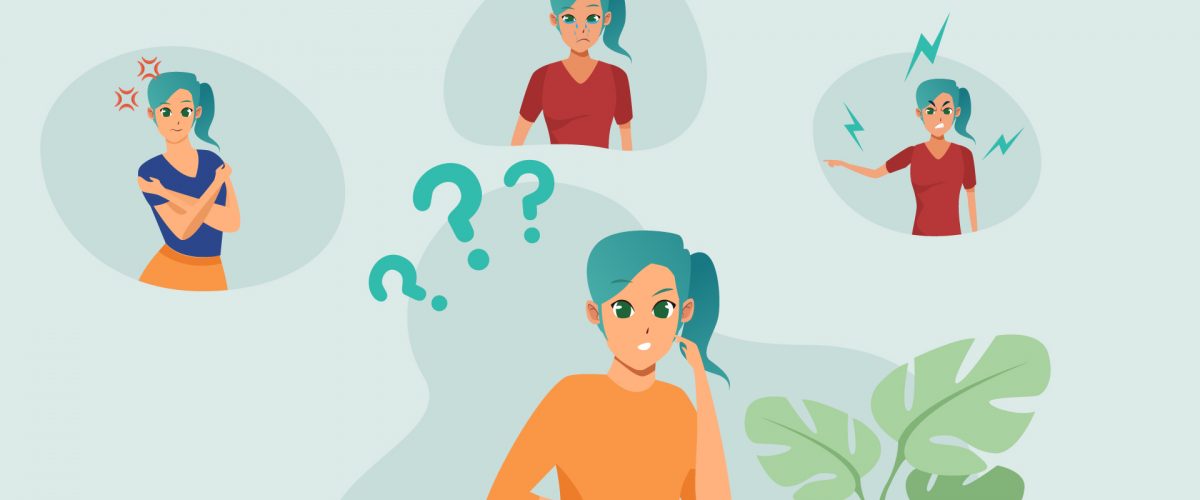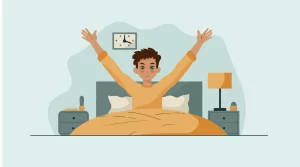Have you also noticed increased anxiety and irritability when your dry eye symptoms are getting worse ?
You should know that the relationship between stress and dry eye poses a twofold problem. Dry eye is a chronic and debilitating condition that affects tears and the ocular surface: it has a significant impact on the quality of life, and therefore on our morale. Conversely, stress can have an effect on eyesight and dry eye: it is therefore one of the causes of dry eye.
Why does dry eye affect stress ?
Dry eye syndrome affects the quality of life and therefore increases stress. This results in difficulties in or impossibility of performing simple daily tasks such as:
- Reading, working on the computer, watching TV, playing sports outdoors
- Sensitivity to light or photophobia
- Uncomfortable feeling when wearing make-up, contact lenses, a mask
- Unsettled sleep due to pain and eyes feeling dry at night
This discomfort can, in some cases, cause a work stoppage or even a depression for the most debilitating and painful forms of dry eye.
Patients find themselves in a vicious circle, as dry eye has a negative impact on their professional and personal life.
Does stress affect eyesight ?
Our body reacts to stress. But did you know that our eyes also react to stress?
The effects of stress on the eyes vary depending on the person and level of anxiety. Our pupils, usually constricted when we are calm, dilate when we are stressed. However, constantly dilated pupils under the effect of stress can make the eyes sensitive to light, cause eye strain and blurry vision.
In most cases, these consequences on the eyes are short-lived and have little effect on visual health. However, in cases of “prolonged” anxiety, complications can arise.
How to relieve dry eye to reduce stress ?
These are our top tips:
- Reduce environmental factors that exacerbate dry eye such as sun exposure (sunglasses), digital screens, dry environments, tobacco smoke, air conditioning.
- Adopt the right approach to the prolonged use of screens
- Maintain a distance between your eyes and the digital screen: 40 cm in front of a telephone, 60-80 cm in front of a computer, 4-5 m in front of a television
- Always wear your prescription glasses
- Follow the 20-20 rule: every 20 minutes, look at something 20 feet (6 m) away, for at least 20 seconds
- Don’t forget to blink every 4 to 6 seconds
- Do not use a screen in the dark
- It is preferable to wear prescription glasses rather than contact lenses
- Engage in regular exercise and eat a balanced diet as it is good for your eyes
You will find more advice in our news item on dry eye and preventive care.
If you are taking any medication, check the side effects on the package leaflet and talk to your doctor about your dry eye problem. Do not stop taking your medication unless your doctor tells you to.
You can use “artificial tears” or eye drops to keep your eyes moist. These are available over the counter. Artificial tears are one of the treatments generally offered in case of dry eye. Opt for single-dose drops with no preservatives, to reduce the risk of eye infection and irritation. You can use them as often as necessary, once or twice a day or several times per hour. Ask your pharmacist for more information.
IF THE PROBLEM DOES NOT GO AWAY, SEE AN OPHTHALMOLOGIST.




